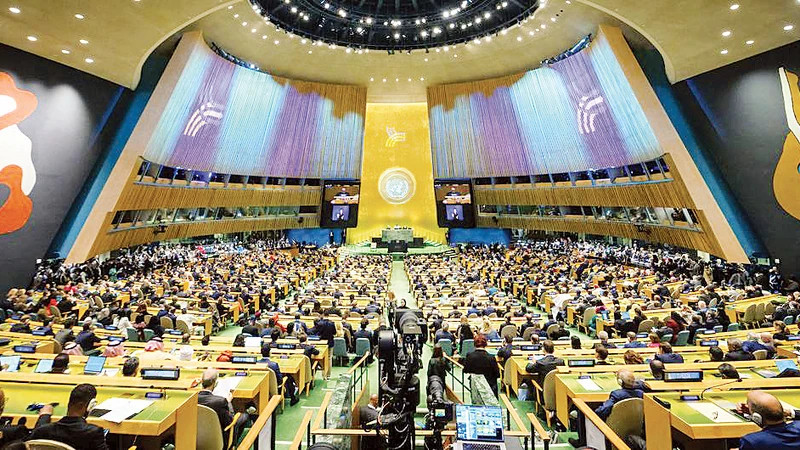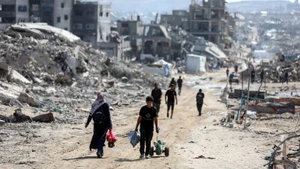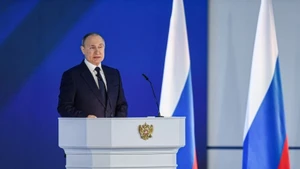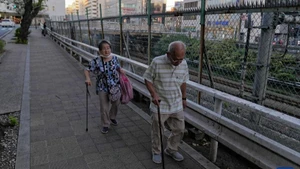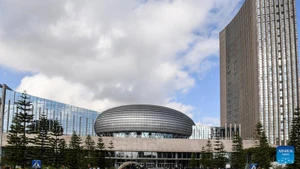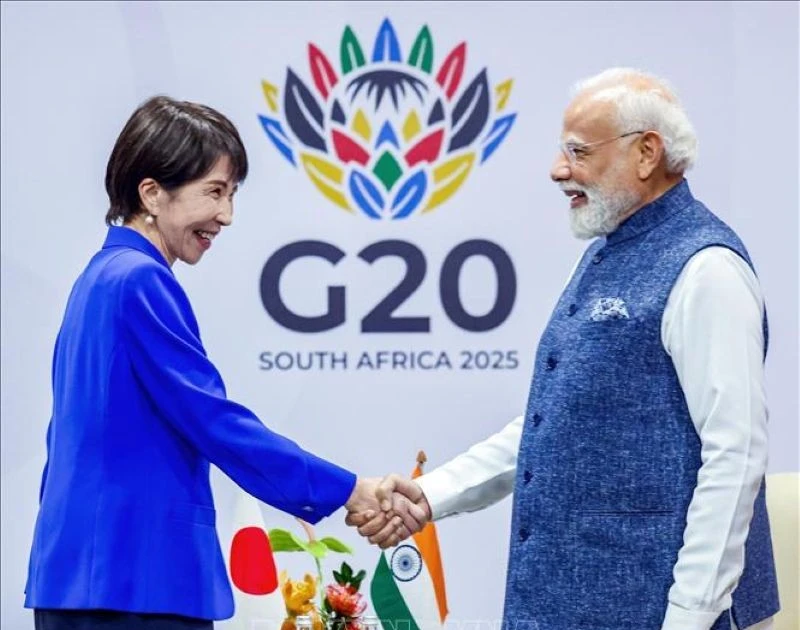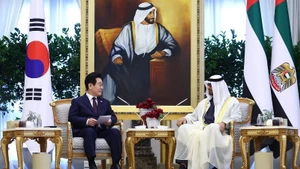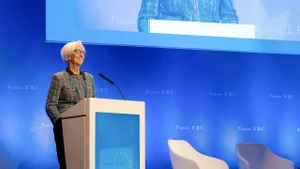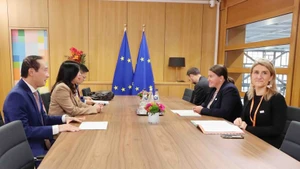In the journey of building a “dream house”, the best approach is to come together, uphold multilateralism, engage in dialogue and cooperation, and develop sustainably and prosperously.
Breakthrough Pact for the Future
In September 2024, at the Summit of the Future, held within the framework of the 79th session of the UN General Assembly, UN member states adopted the Pact for the Future — a treaty built with hope to create a brighter future for humanity.
The treaty outlines 56 pledges to action emphasising urgent needs, from enhancing multilateralism, promoting the UN Charter and international law, and reforming global governance systems to addressing climate change, eradicating poverty, and guiding artificial intelligence (AI) development.
The Pact of Future is seen as a significant breakthrough in building a peaceful, developed, prosperous, and equitable future, highlighting multiple complex global challenges.
The conflict in Ukraine shows no signs of ending after nearly three years and remains a hotbed of tension between Russia and the West.
Fighting between Israel and Hamas in Gaza has entered its second year, coinciding with rising fears of widespread conflict in the Middle East. Israel is striking at Hamas forces in Gaza and Hezbollah in Lebanon while responding to threats from Iran and airstrikes by Houthi forces in Yemen. Intense fighting has resulted in significant casualties and infrastructure destruction, leading to a severe humanitarian crisis.
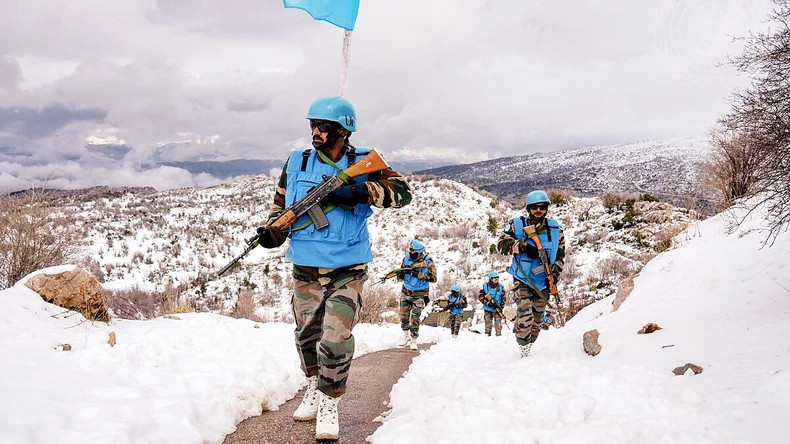 |
UN peacekeepers in southern Lebanon (Photo: UN News) |
A ceasefire agreement between Israel and Hezbollah has been reached, but prospects for peace remain fragile. A two-state solution has become increasingly urgent to resolve the Israel-Palestine conflict.
The global economy continues to recover but at a slow and uneven pace, with alarming warning of global public debt reaching a record 100 trillion USD. This massive debt burden is becoming a great obstacle hindering countries, especially poorer ones, from achieving the United Nations' Sustainable Development Goals (SDGs).
Over 1.1 billion people across 110 countries still live in extreme poverty, indicating a serious global poverty situation.
The Global Alliance for Hunger and Poverty, initiated by Brazil, was launched at the G20 Summit to highlight the roles and responsibilities of leading developed and emerging economies in combating poverty and promoting sustainable global development.
The climate crisis is approaching a “tipping point” with average global temperatures nearing 1.5°C according to UN reports. Following a year of record-breaking high temperatures worldwide, climate chaos has caused devastating disasters such as wildfires, heatwaves, and floods affecting every corner of the planet. The goals of reducing emissions, increasing adaptation efforts, and boosting climate action funding have become even more urgent.
At COP29 (the 29th Conference of the Parties), an agreement was reached at the last minute with commitments from developed countries to provide at least 300 billion USD annually until 2035. However, poorer nations that are most affected still believe this contribution is insufficient.
Each country plays a vital role in the rand orchestration of the era
Global peace, cooperation, and sustainable development face unprecedented challenges. The world has only one-third of its journey left to achieve the Sustainable Development Goals set since 2015 while 80% of SDG targets at risk of being missed by 2030.
The greater the challenge, the more urgent cooperation becomes since individual nations cannot solve these issues alone; every nation’s voice needs to be heard.
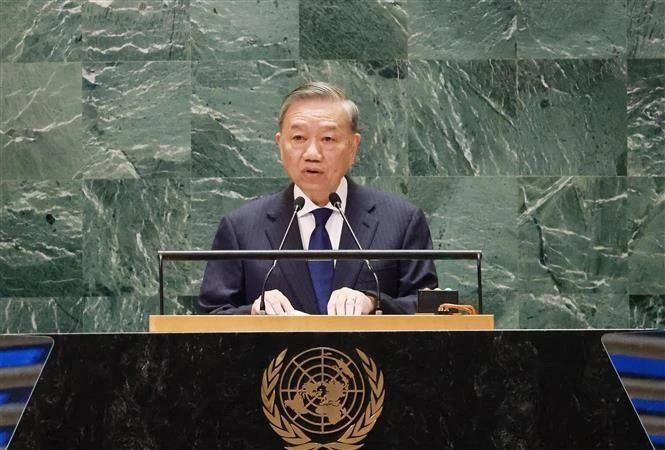 |
| Party General Secretary To Lam speaks at the General Debate of the 79th session of the UN General Assembly. (Photo: VNA) |
At the 79th session of the UN General Assembly, Vietnamese Party Secretary General To Lam affirmed that each country plays a vital role in the grand orchestration of the era.
The year 2024 continued to be a dynamic year for high-level foreign activities, with significant emphasis on multilateral diplomacy and Vietnam's outstanding contributions.
The General Secretary of the Communist Party of Vietnam directly attended high-level sessions of the UN General Assembly for the first time; and Vietnamese leaders participated and contributed important initiatives at forums such as ASEAN, APEC, BRICS, and G20, during which they affirmed the country’s foreign policy of independence, self-reliance, peace, friendship, and cooperation, while also promoting Vietnam’s image as a peaceful, stable, innovative, dynamic, and trustworthy nation with a responsible attitude to the international community.
Sharing a vision of a peaceful, stable, cooperative, prosperous and sustainable future at various multilateral forums and regional and global cooperation mechanisms, Vietnamese leaders consistently emphasised upholding multilateralism, international solidarity, global cooperation while sharing responsibilities to address common challenges and build a better sustainable future.
Entering a new era of deep connection and integration — an era characterised by smart technology and innovation — Vietnam affirms support for establishing an intelligent global governance framework with a new vision, new thinking, and new ways of doing things, with a comprehensive global and all-people approach.
The community continues to mobilise and effectively use resources for sustainable development, placing people at the centre, prioritising the vulnerable areas in implementing the SDGs, supporting developing countries to raise their voices and strengthen their position in the global governance system.
